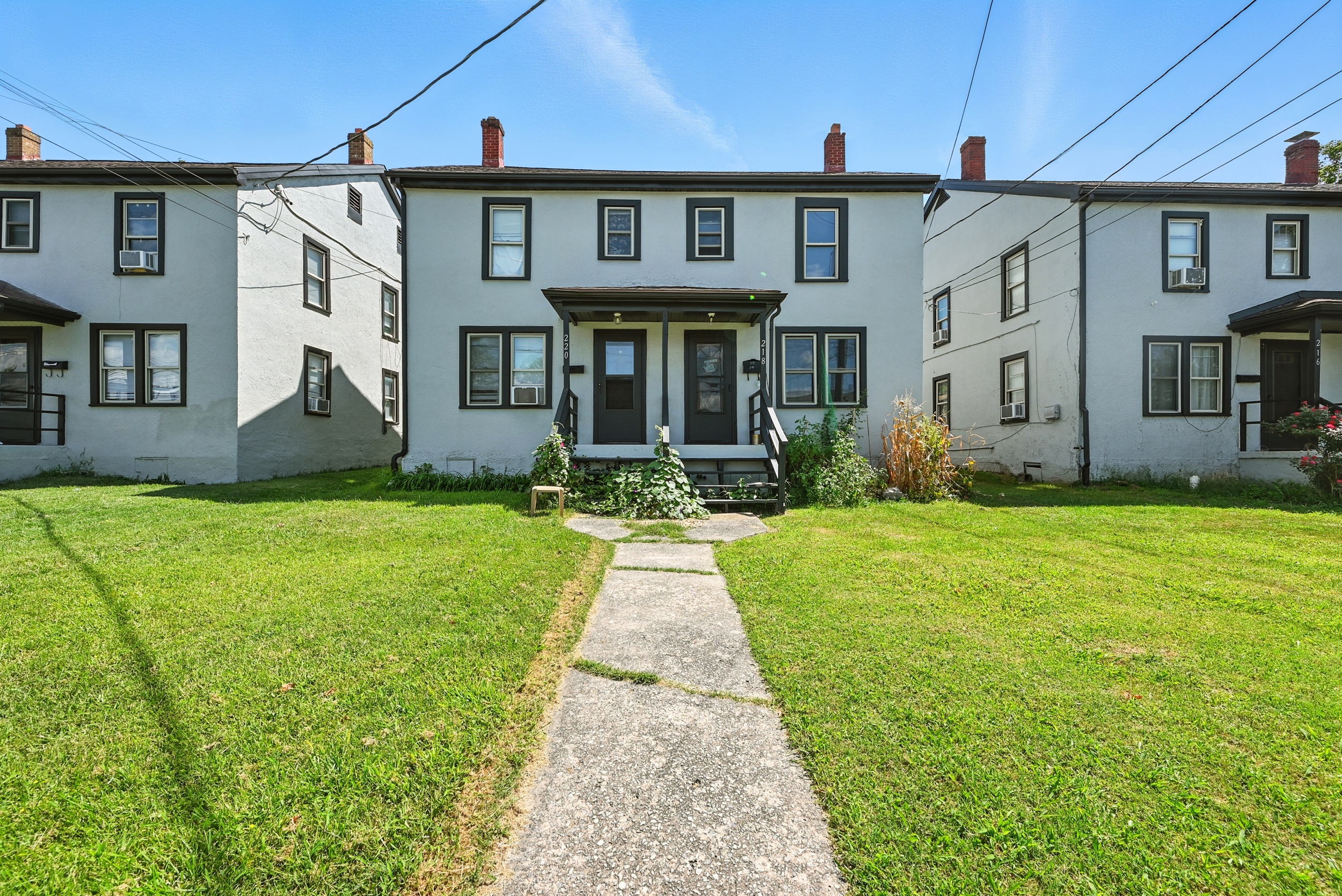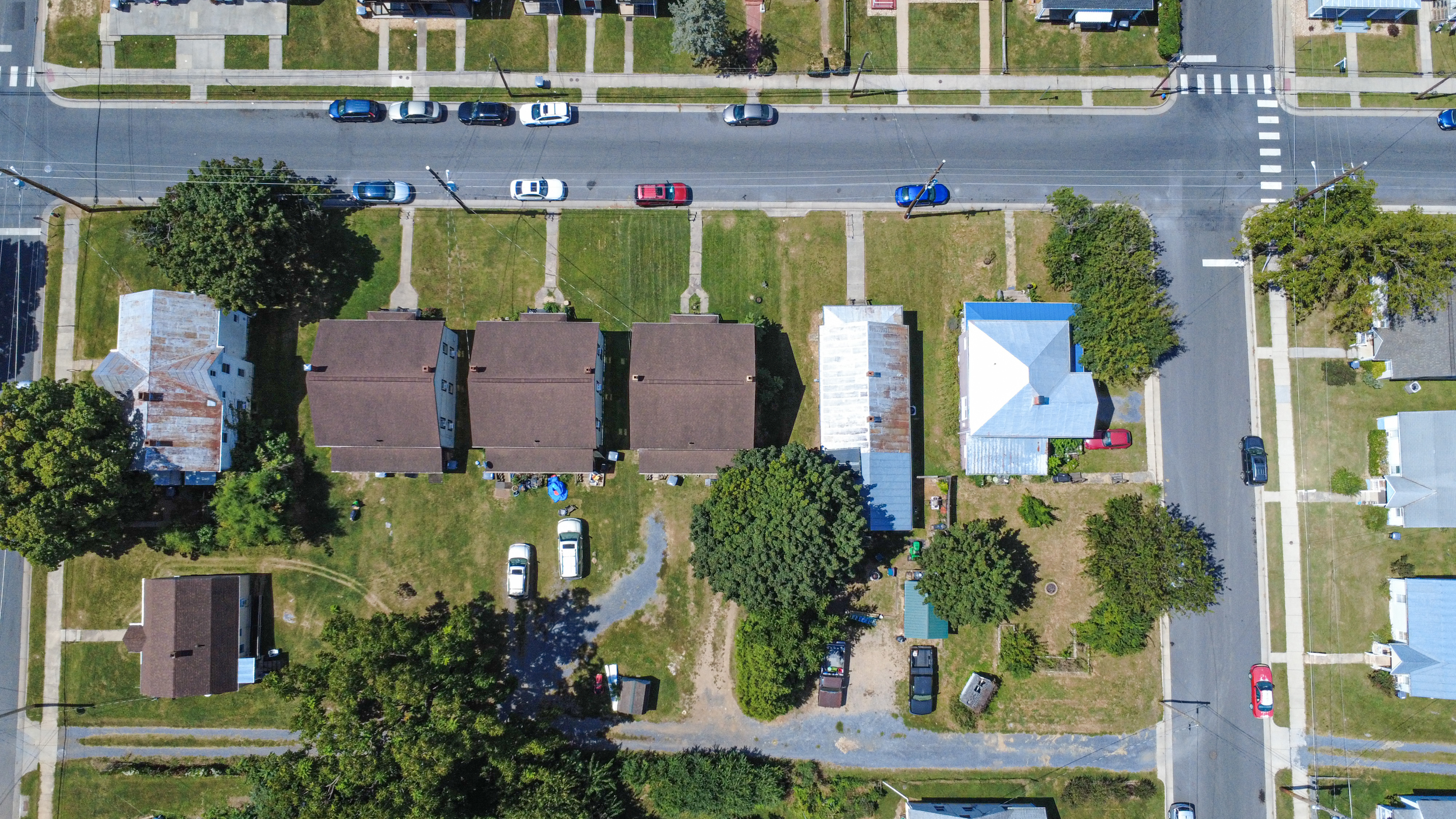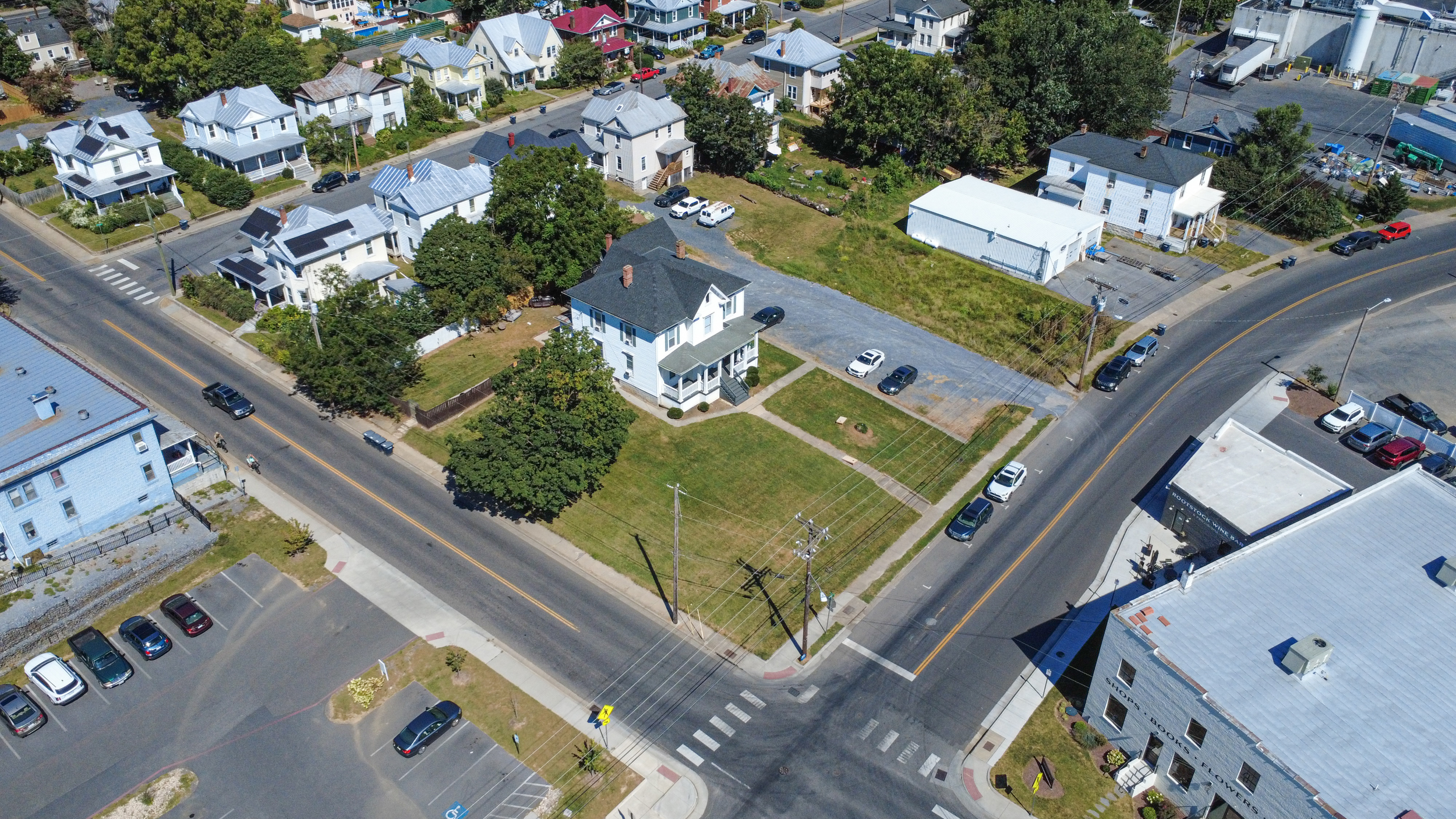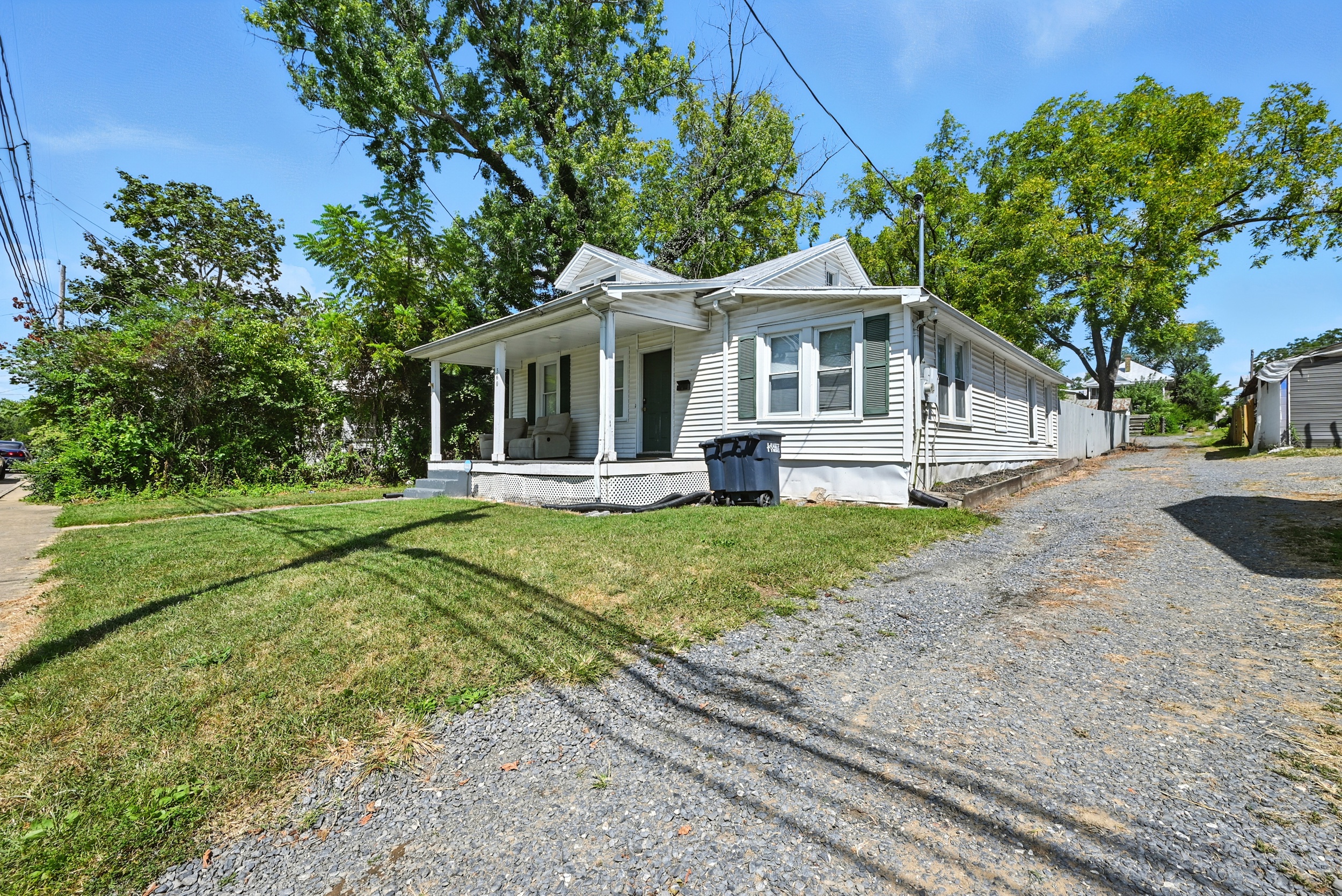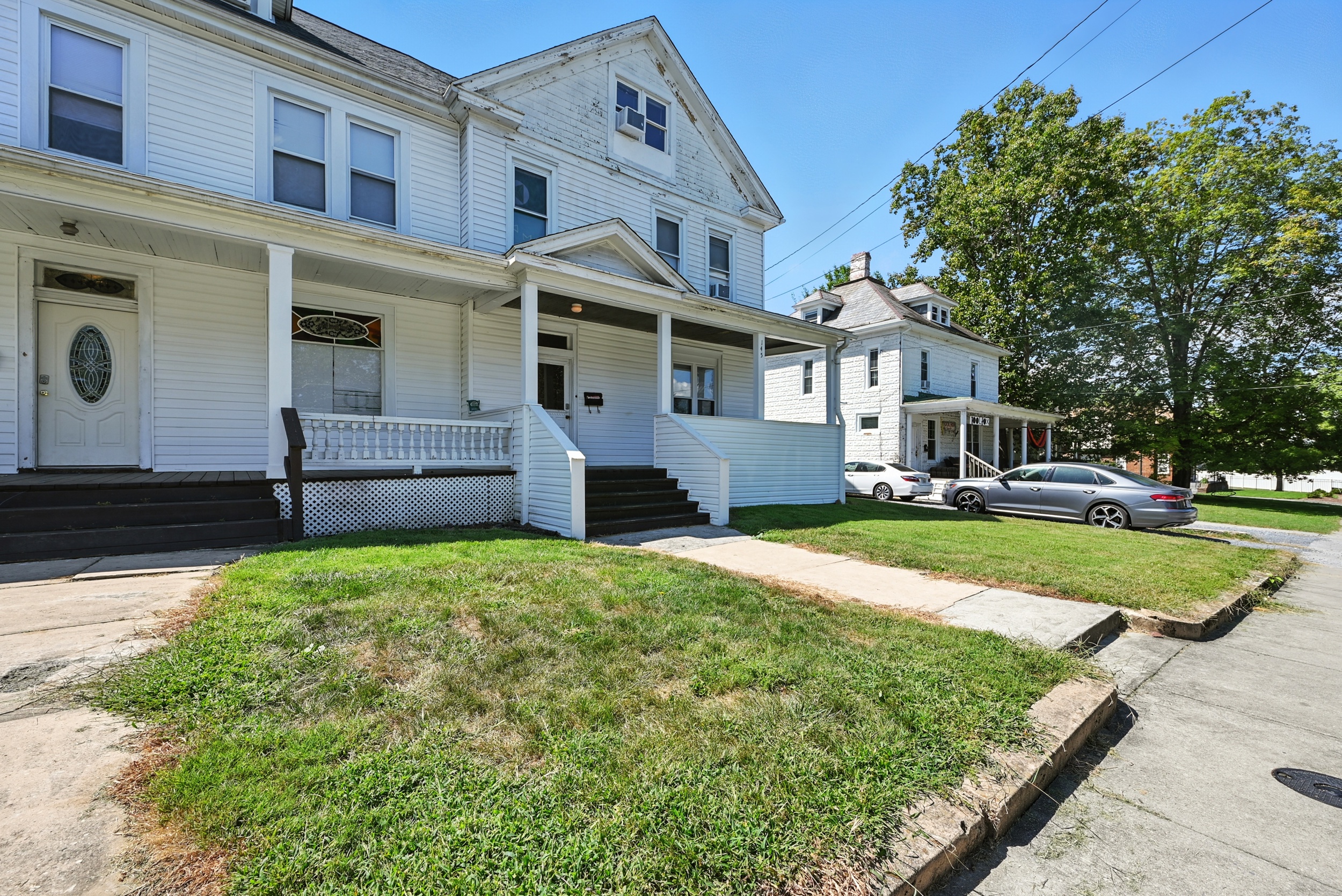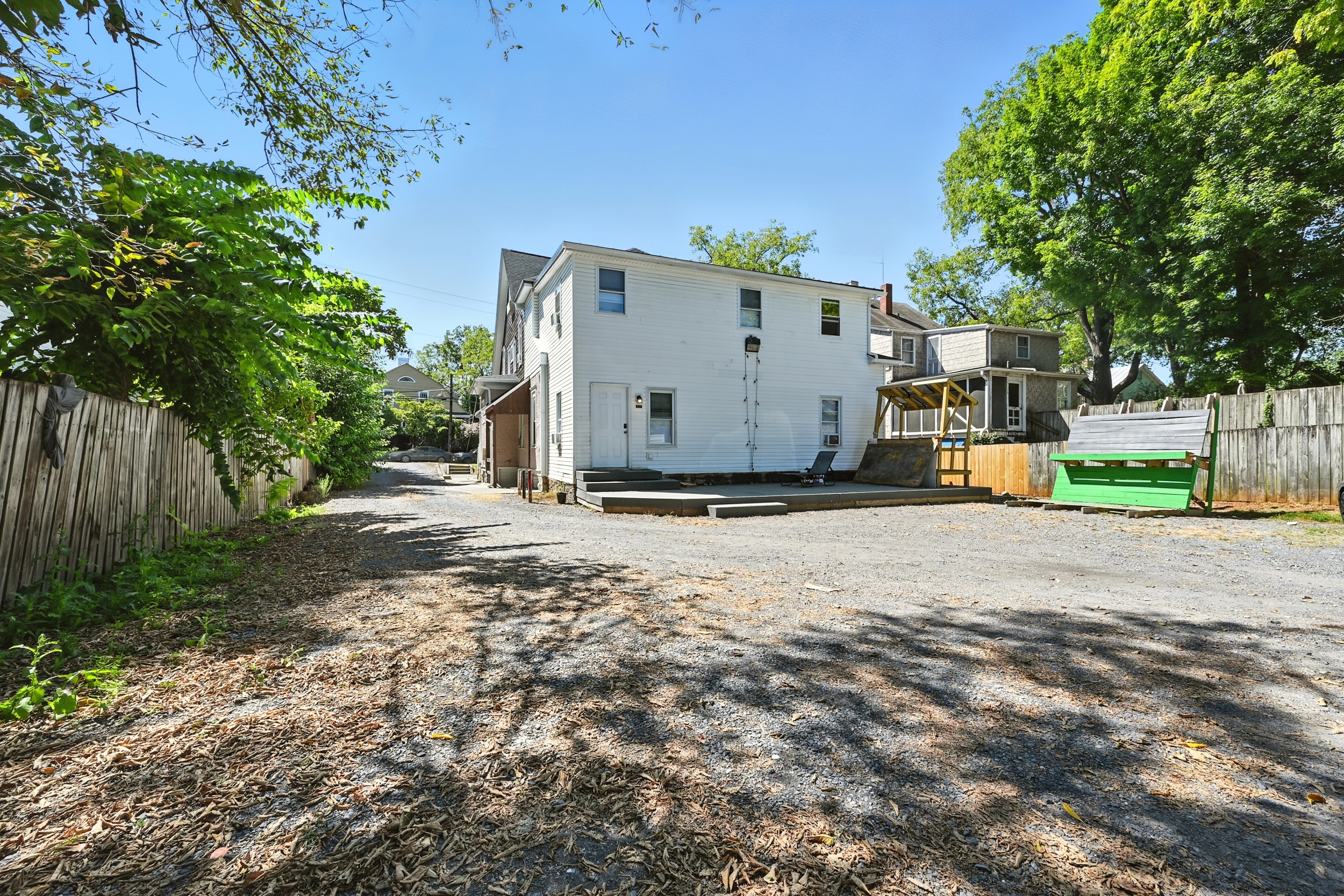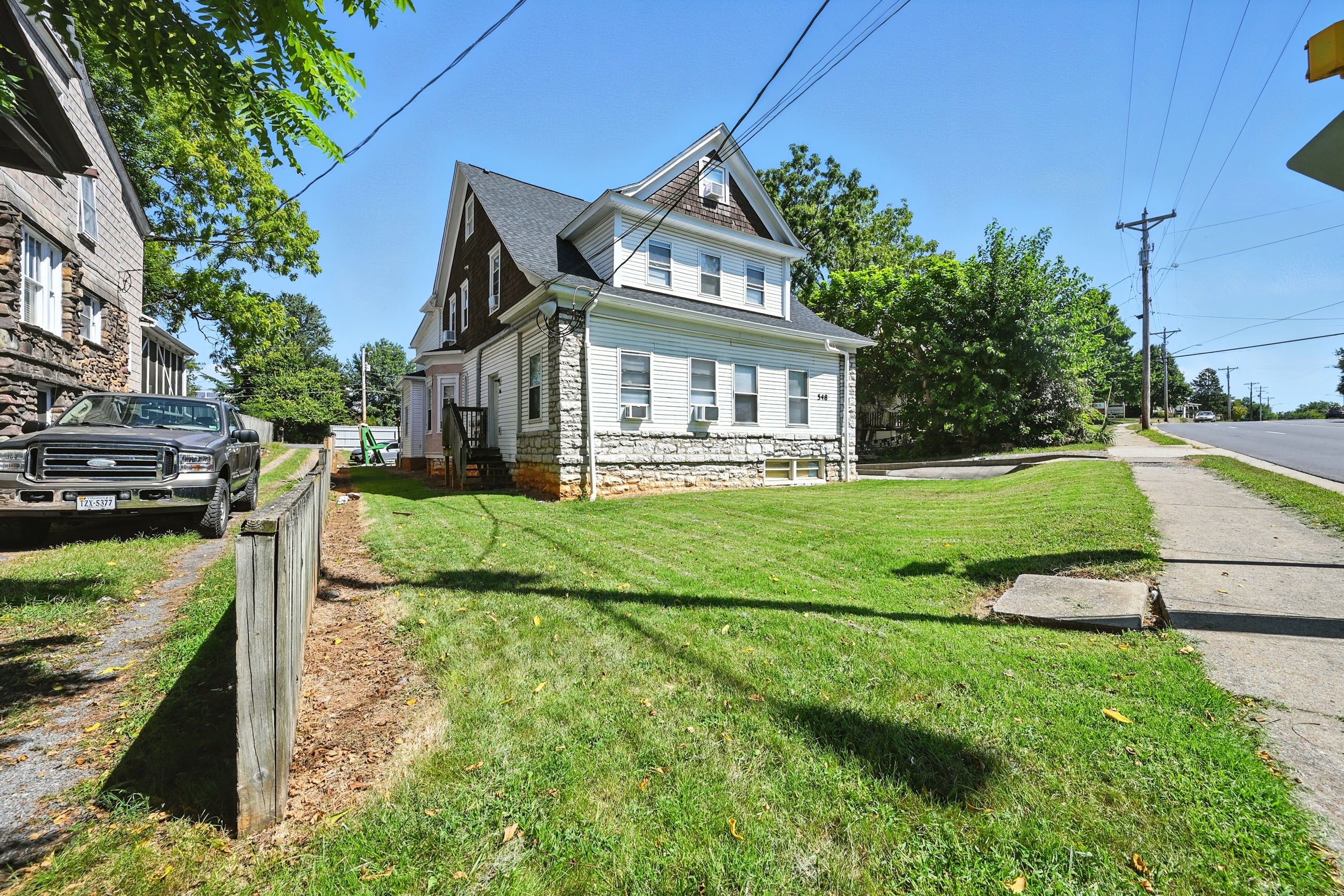Investment Overview
The Harrisonburg Housing Portfolio presents a rare opportunity to acquire a turnkey, fully-stabilized student housing portfolio in one of Virginia's strongest university markets. This 12-unit collection comprises four duplexes and four single-family homes totaling approximately 20,000 square feet across 2.50 cumulative acres in prime locations throughout Harrisonburg, within walking or biking distance of James Madison University.
Portfolio Composition & Strategic Locations
The portfolio's eight properties are strategically scattered across desirable Harrisonburg neighborhoods, providing geographic diversification while capturing strong student demand:
Duplexes (8 units total):
- 145 Campbell Street: 4BD/2BA duplex (2,716 SF) built 1922, 0.16 acres
- 147 Campbell Street: 4BD/2BA duplex (1,974 SF) built 1914, 0.16 acres
- 214-224 Broad Street: Three connected duplexes with mix of 2BD/1BA and 3BD/1BA units (2,048 SF total) built 1935, 0.23 acres
Single-Family Homes (4 units total):
- 360 W Bruce Street: 4BD/2BA (1,224 SF) built 1920, 0.18 acres - $2,800/month
- 415 N Liberty Street: 8BD/4BA/1HBA (3,741 SF) built 1915, 0.46 acres - $7,000/month
- 507 E Wolfe Street: 8BD/4BA/1HBA (1,864 SF) built 1925, 0.18 acres - $7,000/month
- 548 E Market Street: 10BD/5BA/2HBA (4,436 SF) built 1920, 0.24 acres - $8,750/month
All properties feature off-street parking and are fully leased through 2026-2027, providing immediate cash flow stability and minimal near-term leasing risk.
Student Housing Market Strength
Harrisonburg's rental market is driven by James Madison University (JMU), a nationally recognized public university with over 22,000 students. JMU consistently ranks among the top regional public universities and maintains strong enrollment growth, creating sustained demand for off-campus housing. The university's reputation for academic excellence and vibrant campus life attracts students from across Virginia and beyond, supporting high occupancy rates and stable rental income.
Unique Investment Characteristics
This portfolio offers several distinct advantages for student housing investors:
Per-Bedroom Rental Model: Properties are leased by-the-bedroom at competitive rates ranging from $700-$875 per bedroom per month, maximizing rental income while appealing to student groups. This leasing structure provides income stability as vacancies in individual bedrooms can be filled without affecting other tenants.
Fully Stabilized with Long-Term Leases: 100% occupied with leases extending through 2026-2027, eliminating near-term leasing risk and turnover costs while providing predictable cash flow for new ownership.
Diverse Unit Mix: From 2-bedroom duplexes to large 10-bedroom houses, the portfolio accommodates various student group sizes and preferences, reducing market risk and maximizing tenant pool.
Historic Character with Modern Amenities: Built between 1915-1935, these properties offer the charm and character students seek in off-campus housing while providing functional layouts and amenities.
Location & Connectivity
Harrisonburg benefits from exceptional regional connectivity via I-64 West, I-81 North, and VA-253 West, providing easy access to employment centers, recreation areas, and major metropolitan markets. The city's position in the Shenandoah Valley offers residents access to outdoor recreation including Massanutten Resort, Shenandoah National Park, and numerous hiking and biking trails, enhancing quality of life and attracting both students and young professionals.
Economic Drivers & Employment Base
While JMU dominates the local economy, Harrisonburg benefits from economic diversification across multiple sectors:
Major Employers Include:
- James Madison University: Primary economic driver with over 6,000 employees
- Sentara RMH Medical Center: Regional healthcare hub
- Harrisonburg City Public Schools: Significant public sector employer
- Cargill Turkey Production: Major food processing facility
- Tenneco Automotive Operations: Manufacturing presence
- George's Foods: Food processing and distribution
- Food Lion: Regional grocery distribution
- Costco Wholesale: Retail and distribution center
- Lowe's Home Centers: Retail operations
- Aramark Campus Services: University services provider
This diversified employment base supports a stable year-round economy beyond the academic calendar, providing resilience during summer months and economic downturns.
Market Fundamentals
Harrisonburg presents compelling multifamily investment fundamentals driven by population growth, limited new supply in the single-family rental segment, and strong university enrollment. The city's affordable cost of living compared to Northern Virginia and Richmond, combined with improving amenities and downtown revitalization, continues attracting residents seeking value and quality of life. Student housing specifically benefits from:
- Consistent enrollment growth at JMU
- Limited purpose-built student housing inventory relative to demand
- Strong preference for off-campus housing among upperclassmen
- Supportive city government and property management ecosystem
- Low vacancies across all housing segments
Financial Performance
- Portfolio Price: $4,150,000
- Price per Unit: $345,833
- Construction Era: 1915-1935
- Total Units: 12
- Total Bedrooms: 46
- Current Gross Income: $455,940
- Pro Forma Gross Income: $478,800
- Current NOI: $330,804
- Stabilized NOI: $343,269
- Current Cap Rate: 7.97%
- Stabilized Cap Rate: 8.27%
- Economic Occupancy: 95%
Operational Efficiency
The portfolio demonstrates strong operational performance with expenses at just 25-26% of effective gross income, well below industry averages. This efficiency stems from:
- Tenant-paid utilities in most properties
- Low management overhead through established property management relationships
- Minimal turnover with multi-year student leases
- Economies of scale across portfolio maintenance
- Limited capital expenditure requirements given recent tenant improvements
Revenue Optimization Opportunity
Current in-place rents average $3,166 per unit monthly, with substantial upside potential upon lease expiration in 2026-2027. The per-bedroom rates of $700-$875 position at market or slightly below, allowing for modest annual increases consistent with JMU enrollment trends and local market conditions. The larger houses (8-10 bedrooms) commanding $7,000-$8,750 monthly represent particularly attractive investments, as group rentals to student organizations or athletic teams provide stability and premium pricing.
Investment Returns
Based on 70% LTV financing at 6.70% interest with 25-year amortization:
- Stabilized Cash-on-Cash Return: 8.31%
- Debt Coverage Ratio: 1.43x
- Down Payment: $1,245,000
- Total Return (including principal reduction): 12.31%
- Gross Rent Multiplier: 8.67x
Comparable Sales Context
Recent single-family home sales in Harrisonburg demonstrate strong investor demand and valuation support:
- 425 E Elizabeth Street: $350,000 ($202.78/SF), June 2025
- 623 E Rock Street: $343,000 ($191.41/SF), April 2024
- 225 Franklin Street: $577,000 ($184.58/SF), July 2024
- 511 Virginia Avenue: $395,000 ($222.41/SF), May 2025
The portfolio's pricing reflects a strategic premium for the aggregated, fully-stabilized nature of the offering while remaining competitive on a per-unit basis.
Management & Operations
The portfolio benefits from established property management infrastructure serving Harrisonburg's student housing market. Local management companies specialize in student rentals, providing efficient leasing, maintenance coordination, and tenant relations. The scattered-site nature of the portfolio allows for geographic diversification while remaining manageable within Harrisonburg's compact urban core.
Investment Strategy
This portfolio appeals to investors seeking:
- Stable Cash Flow: Fully leased through 2027 with established tenant base
- University-Driven Demand: JMU enrollment provides consistent renter pool
- Per-Bedroom Income Model: Maximizes revenue while mitigating individual vacancy risk
- Portfolio Diversification: Multiple properties and unit types reduce concentration risk
- Long-Term Hold Potential: Student housing fundamentals support sustained ownership
- Potential Disposition Flexibility: Individual properties could be sold separately for added liquidity
Future Outlook
Harrisonburg's student housing market remains strong with JMU continuing strategic enrollment management and campus development initiatives. The university's focus on academic excellence and student experience supports sustained demand for quality off-campus housing. Regional economic development, downtown revitalization, and improved amenities enhance Harrisonburg's appeal as a university town, supporting both student housing and broader residential demand.
Deal Highlights


